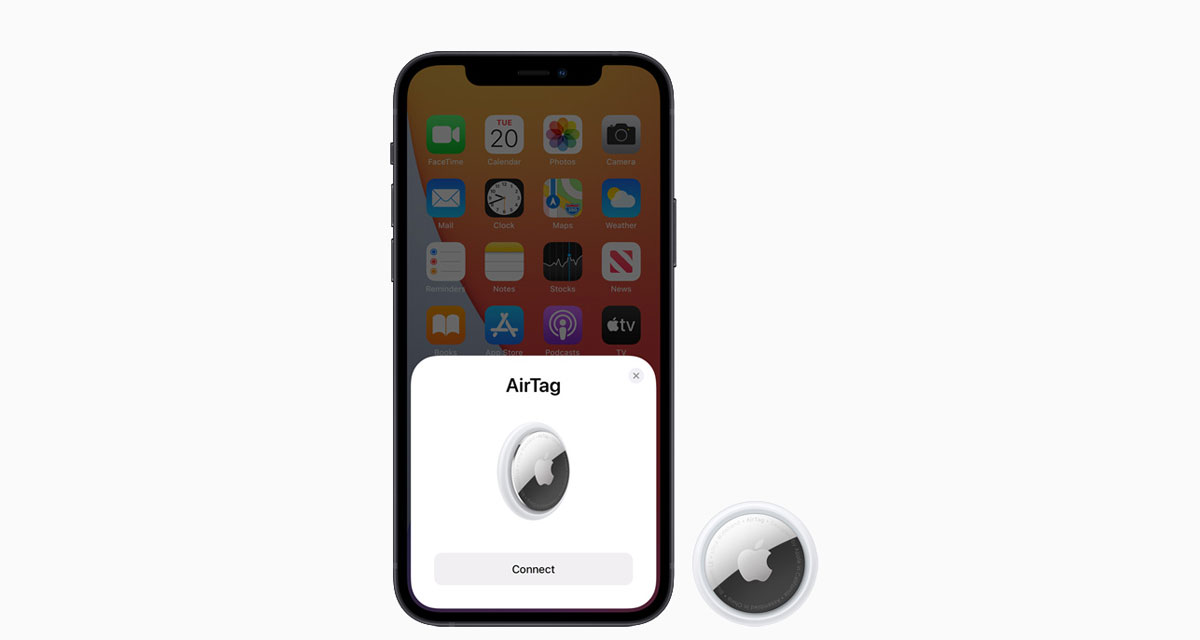There’s a lot of excitement around Apple’s new AirTag hardware at the moment as the pre-orders come rolling in. Apple’s announcement covered a lot of important tidbits relating to the AirTag experience but left one important aspect out; a single Apple ID can only have 16 AirTags paired with it.
As part of an interview with Rene Ritchie on YouTube, Apple executive Kaiann Drance has revealed that the Cupertino-based company has imposed a limit on how many AirTags can be connected and tracked by a single Apple ID account.

Apple is selling AirTags for $29 per tag or $99 for a pack of four. This limit means that a user can only link four packs of four to their Apple ID.
The limitation might shock a lot of people but, with that said, it’s difficult to imagine a single individual needing to track more than 16 different items, especially when Apple has confirmed that it never intended AirTags to be used with children or beloved pets.
The Apple executive also used her time during the interview to confirm that AirTags can be linked via Family Sharing and are intelligent enough to know that a device close-by belongs to a family member. This means that the AirTag won’t trigger the Lost Mode when it’s away from the host device but in close proximity to a family members device.
If you aren’t familiar with Apple’s AirTag announcement, it’s essentially a coin-shaped piece of hardware that is designed to track various objects with precision using the global Find My network. It comes with precision tracking, Lost Mode, a built-in speaker, a battery that should last for more than a year, and access to the Find My network so that coverage is hugely expanded.
If you are planning on rushing out and purchasing a few packs, just keep in mind that you now have confirmation that you can only pair 16 of these with your Apple ID.
You may also like to check out:
- Download: iOS 14.5 RC IPSW Links, OTA Profile Update Along With iPadOS 14.5 Released
- Download Unc0ver v6.0.0 IPA iPhone 12 Jailbreak For iOS 14.3
- How To Downgrade iOS 14.4 The Easy Way [Tutorial]
- How To Fix Bad iOS 14 Battery Life Drain [Guide]
- Convert Factory Wired Apple CarPlay To Wireless Apple CarPlay In Your Car Easily, Here’s How
- iPhone 12 / Pro Screen Protector With Tempered Glass: Here Are The Best Ones
- Best iPhone 12, 12 Pro Case With Slim, Wallet, Ultra-Thin Design? Here Are Our Top Picks [List]
- Best iPhone 12 Mini Screen Protector: Here’s A List Worth Checkin
- Best iPhone 12 Pro Max Screen Protector: Here Is A List Worth Checking
- Apple Watch ECG App Hack: Enable Outside US In Unsupported Country On Series 5 & 4 Without Jailbreak
You can follow us on Twitter, or Instagram, and even like our Facebook page to keep yourself updated on all the latest from Microsoft, Google, Apple, and the Web.

